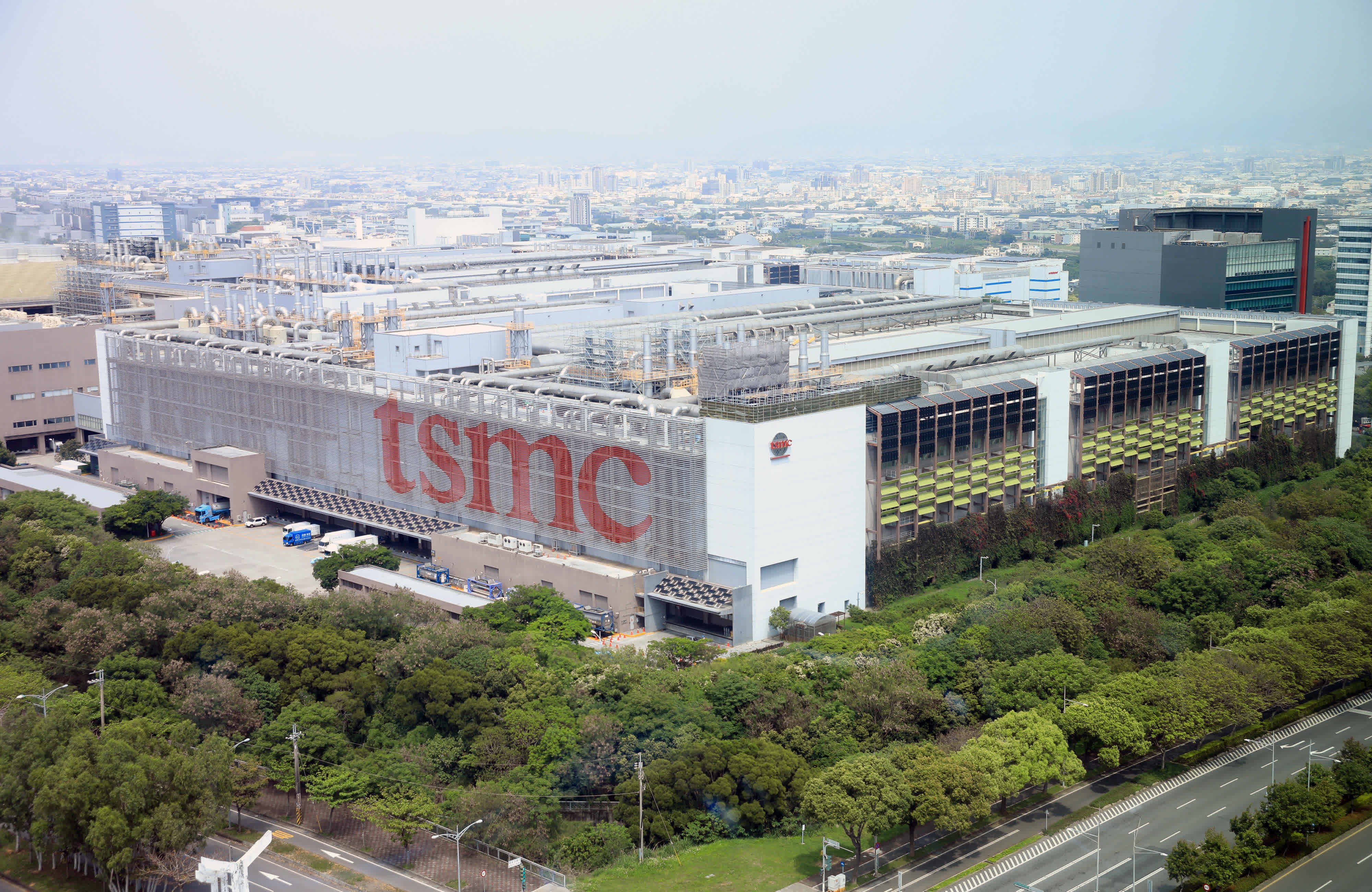Forward-looking: As TSMC's 3nm production matures and the company prepares to enter 2nm over the next few years, reports indicate it will soon begin laying the foundations for 1nm. Despite the chip giant's investments in Western countries like the US and Germany amid geopolitical tensions in the Pacific, TSMC will continue building its bleeding-edge foundries in Taiwan.

Taiwan outlet United Daily News (UDN) reports that TSMC has begun plans to build a 1nm fab at the science park in Chiayi, Taiwan. The move indicates confidence in the company's semiconductor advancement and the country's continuing dominance in chip production.
Sources told UDN that the company submitted a proposal for a 100-hectare construction to the local government that administers Chiayi, split 40/60 between an advanced packaging plant and a 1nm fab, respectively. The city prevailed over numerous other bidders in Taiwan. TSMC declined to comment on the rumors.
TSMC's 3nm advantage: The average price TSMC was able to sell a finished 12-inch wafer for hit US$6,611 in the 4th quarter of 2023, up from $5,384 in Q4 2022, despite a big drop in shipments (2.96 million wafers versus 3.70 million). 1/2 $TSM #semiconductors pic.twitter.com/GwrAIEyPNE
– Dan Nystedt (@dnystedt) January 22, 2024
Tech industry figures and Western officials have expressed worry over the supply chain's heavy reliance on Taiwan-based facilities. TSMC supplies the majority of the world's most advanced chips, but China wishes to reunify with Taiwan by force if necessary.
The US hopes that projects like TSMC's planned Arizona fab will make its supply chain more resilient, but it appears that the tip of the Taiwan-based giant's spear will remain in its home country. The decision follows the recent electoral victory of presidential candidate Lai Ching-te, who favors Taiwanese sovereignty.
How much has pricing contributed to semiconductor industry growth in recent years?
– Stacy Rasgon (@BernsteinRasgon) January 19, 2024
Would you be surprised to learn the answer is "More than all of it?"
Our note today discusses this (for institutional clients only):https://t.co/kJhxq6Orrn pic.twitter.com/z1bFNZg77W
Industry estimates put TSMC's investments in 1nm at over 1 trillion TWD, or around $32 billion. Last month, TSMC unveiled a roadmap at the IEDM conference, confirming its ambitions to start producing 1nm transistors by the end of this decade. Together, 1nm and 3D-stacked heterogeneous integration of chiplet-based designs could create processors with over one trillion transistors.
In related news, the company's Q4 2023 earnings report indicates that growth mostly came from higher wafer prices. TSMC's 2023 shipments were down from the previous year, and more expensive wafers made up a higher proportion of its sales, driving the average price per wafer up by 22 percent from $5,384 to $6,611.
As a result, fourth-quarter 2023 revenue only suffered a slight year-over-year dip. TSMC's dominance in 3nm chips was likely a significant factor. Analysis from Bernstein Research indicates that virtually all of the semiconductor industry's recent growth comes from rising prices.
https://www.techspot.com/news/101638-tsmc-prepares-1nm-production-price-hikes-drive-most.html